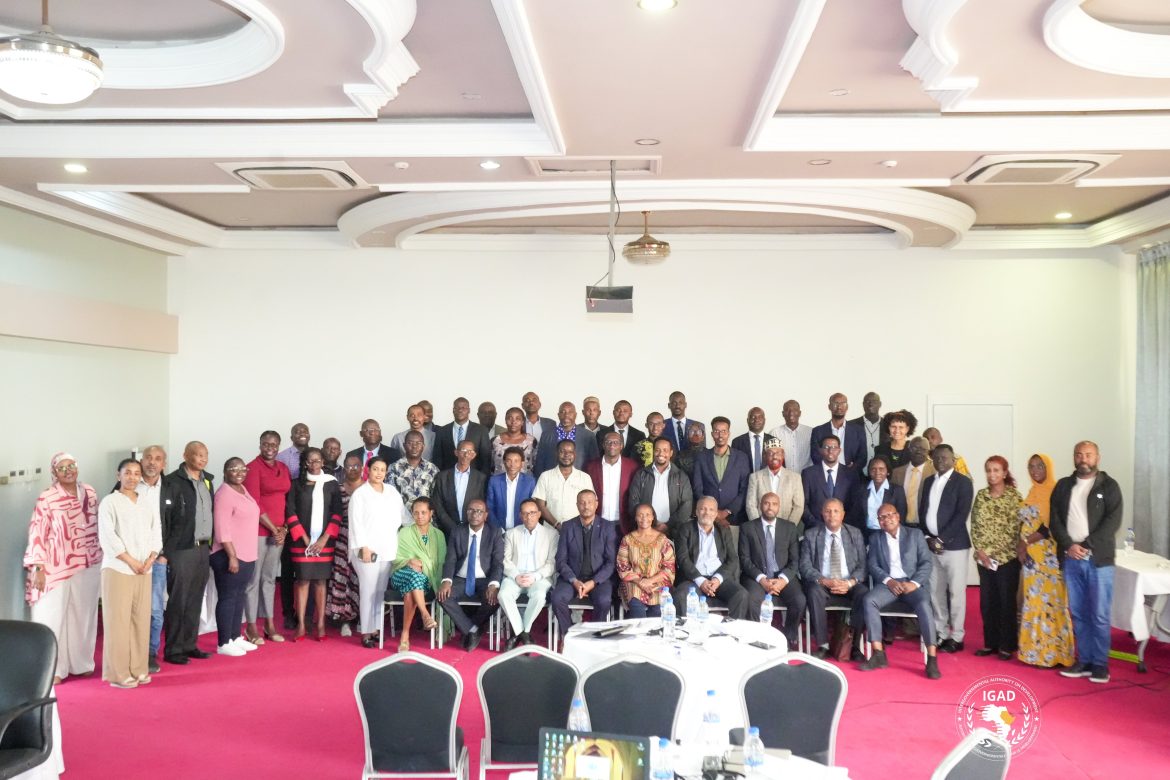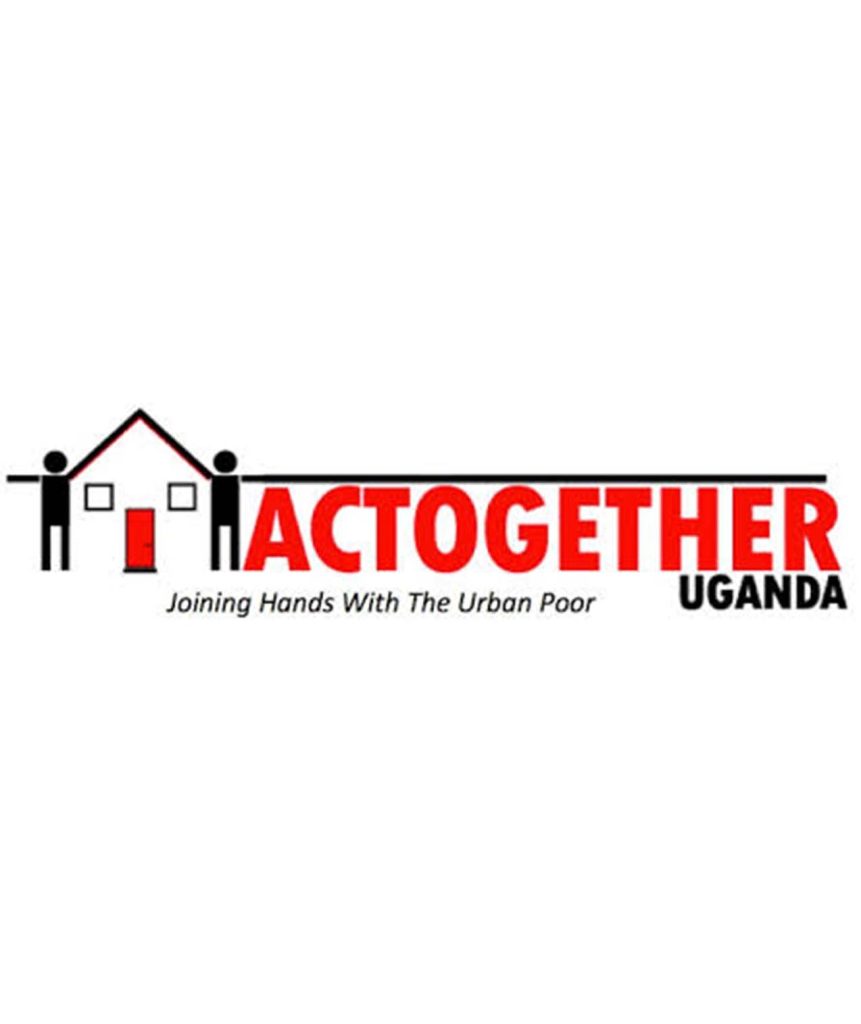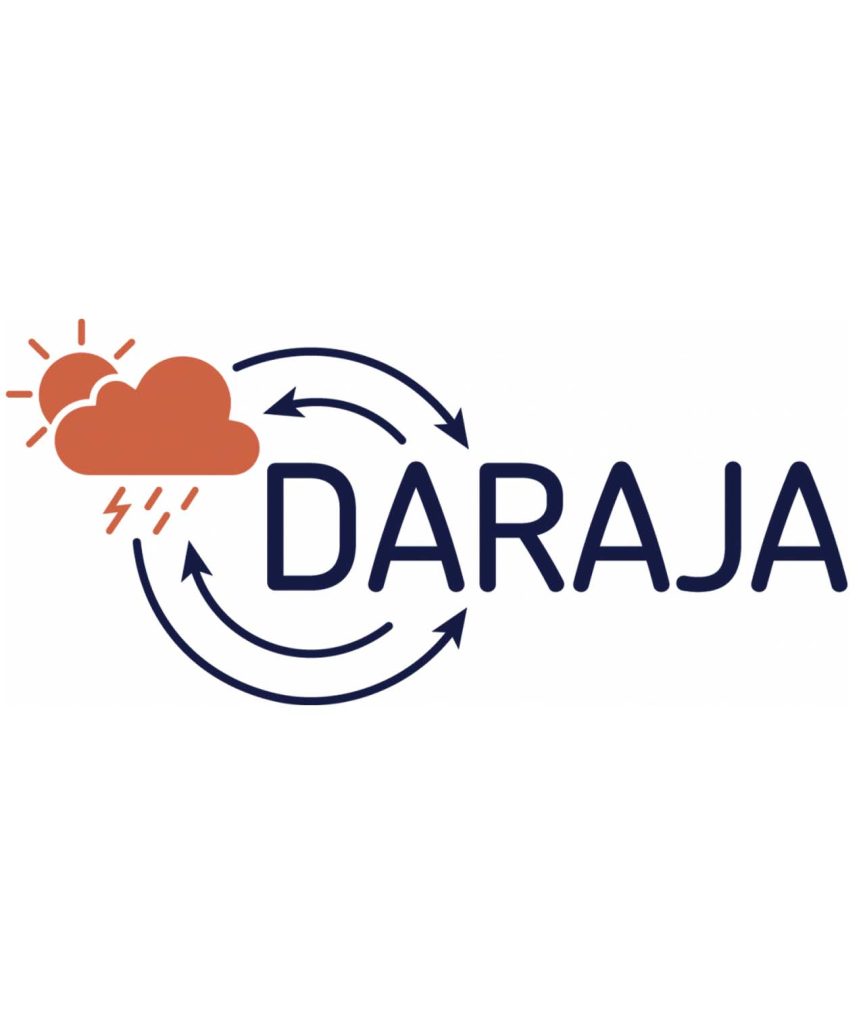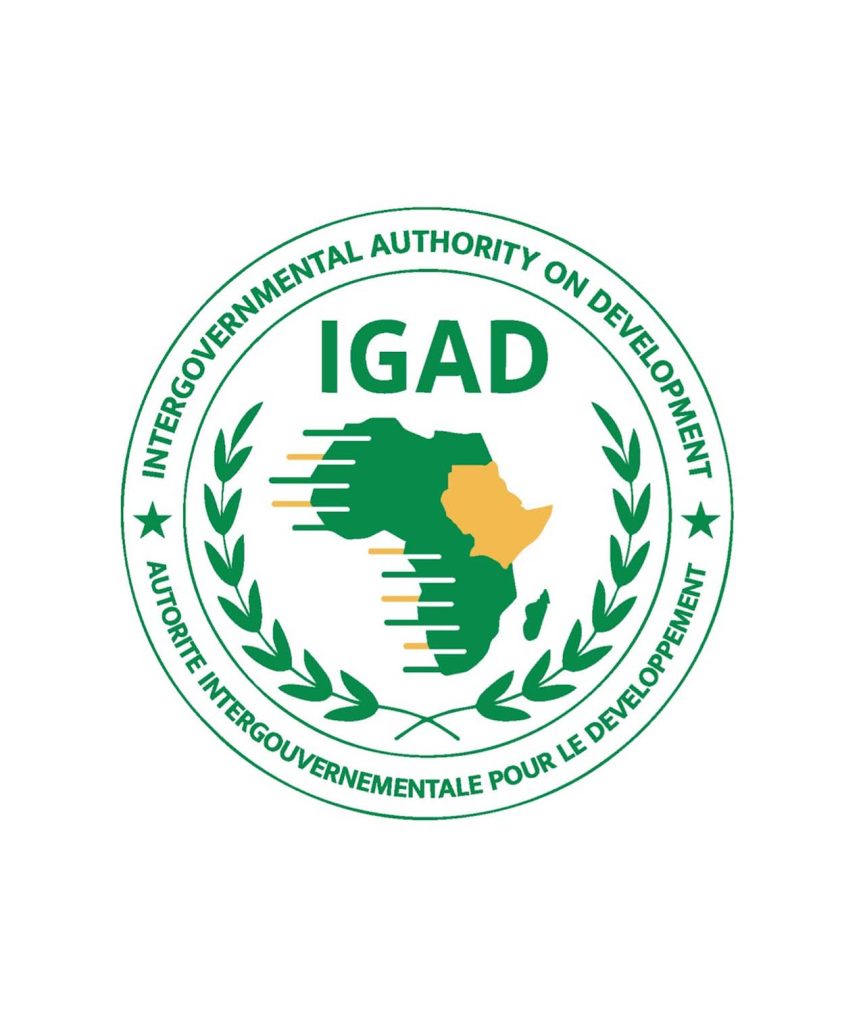By Luganda David Nsiyonna
ADAMA, ETHIOPIA – The Intergovernmental Authority on Development (IGAD) is hosting a three-day regional validation meeting in Adama, Ethiopia, to review and validate data for the 5th Biennial Review (BR) of the Comprehensive Africa Agriculture Development Programme (CAADP).
The meeting, organized through IGAD’s Food Systems Resilience Programme (FSRP), is a crucial step in assessing member states’ progress toward the agricultural transformation goals outlined in the 2014 Malabo Declaration.
The CAADP Biennial Review stands as the African Union’s primary accountability mechanism for monitoring agricultural development. While the process has been strengthened with a new electronic system, data quality and availability remain significant challenges, particularly within IGAD countries.
During the opening ceremony, H.E. Girma Bekele, Principal Secretary at Ethiopia’s Ministry of Agriculture, emphasized the crucial link between accurate data and people’s livelihoods.
He stated, “Data is related to the life of people in our countries…it can support the development of policies.” Bekele acknowledged that previous commitments under the CAADP had not been met and stressed the need for better alignment with agricultural frameworks.
He highlighted Ethiopia’s Home-Grown Economic Reform Programme and showcased several successful agricultural initiatives. These include the Green Legacy, an irrigated wheat program, and the Bounty Basket Initiative for honey and poultry. Ethiopia’s forest coverage has reportedly increased from 3% to a higher figure, with more than 40 billion seedlings planted as of last year, plus an additional 7 billion in 2025. Bekele also noted that for the first time, gold exports have surpassed coffee, and that Ethiopia is on track to become a wheat exporter, aiming to stop rice imports within 2-3 years.
The IGAD region faces a multitude of interconnected threats, including climate change, conflict, invasive species, and forced displacement. These factors have contributed to worsening food insecurity, with a staggering 62.9 million people across IGAD member states currently affected.
Given that over 70% of the region’s population depends on agriculture for their livelihoods, the importance of accurate and reliable data is paramount. Mr. Daher Elmi, Director for Agriculture and Environment at IGAD, called on participants to develop practical recommendations to overcome persistent data challenges and mobilize resources to address them.
The meeting brings together key stakeholders from IGAD member states, including Djibouti, Ethiopia, and Somalia, to consolidate and verify their national data for submission to the African Union Commission (AUC). The collaborative effort also involves the EAC and COMESA, which are supporting other member states like Kenya, South Sudan, and Uganda. Sudan, however, was unable to participate due to conflict and logistical issues.
Following the meeting, participating countries will integrate feedback and recommendations before resubmitting their reports through the electronic system. This regional effort will be followed by a continental data validation exercise, organized by the AUC in mid-August. This process is a crucial element of Agenda 2063, Africa’s shared vision for agricultural growth and resilience.









